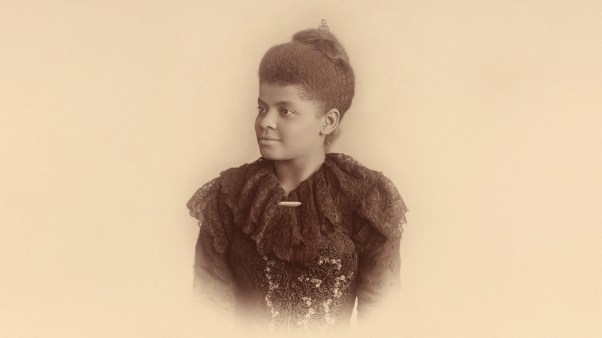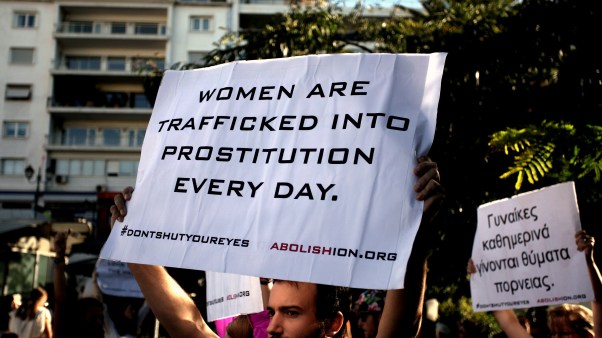Unless Latin America’s evangelicals, both Pentecostal and non-Pentecostal, learn to get along, church growth in Central and South America will stall sometime soon, warns a prominent Christian leader.The chronic lack of cooperation between non-Pentecostal evangelicals and Pentecostals “divides the church and leads to the inefficient use of all the resources that God has given,” said David Ramirez, rector of the Church of God’s South American Biblical Seminary, at the Fourth Latin American Congress on Evangelism (CLADE IV). The congress attracted 1,300 people to Quito, Ecuador, in early September.”If the Word represents the historic evangelical churches—and the Spirit, the Pentecostal charismatic churches—then this is the hour to join them to permit the power generated in the encounter of the Word and Spirit to bring life to the church,” Ramirez said.There are an estimated 38 million Latino (Spanish- or Portuguese-speaking) Protestants in the Caribbean and Central and South America.The greatest concentrations are in Brazil, Mexico, and Guatemala, according to Latin America Mission.
Learning to listen
Ramirez’s words brought strong, positive responses from many. “This CLADE is going to mark a milestone in the Latin American church because it is reflecting the reality of evangelicals,” said Peruvian theologian Tito Paredes, general secretary of the Latin American Theological Fraternity. “Three out of five evangelicals in Latin America are Pentecostals. This is the first time that we have worked to bring in theologians and expositors who are from the Pentecostal traditions.”Paredes said that mainline Protestants are learning from their Pentecostal colleagues. “We need to listen to each other’s strengths without forgetting our weaknesses,” he said.One of Latin America’s leading evangelical theologians, C. René Padilla, agreed that the call for unity was a major step forward, but he saw little opposition. “I don’t think there will be too many evangelicals who will disagree with that,” he said. “The main thrust of this meeting is the importance of keeping the Word and the Spirit together.”Many admit that bringing Pentecostals and evangelicals together will take more than good will. There are long-standing differences in income, class, and social standing.The rise in the number and influence of Pentecostal churches in Latin America is changing the face of evangelical Christianity. According to Chilean theologian Juan Sepulveda, non-Pentecostal Protestant churches have served mostly the middle class, while Pentecostals have been the church of the poor.”Pentecostal churches have practical leadership, live in fraternal love, and do not inhibit their emotions,” said Rigoberto Galvez, director of the Neo-Pentecostal Seminary of Guatemala. “They are aggressive in evangelism and practice freedom of worship.”
Related Elsewhere
Can you read Spanish? Here’s the official CLADE IV site. Otherwise, try reading it through Altavista’s Babelfish. It’s not perfect, but it works.
Copyright © 2000 Christianity Today. Click for reprint information.










